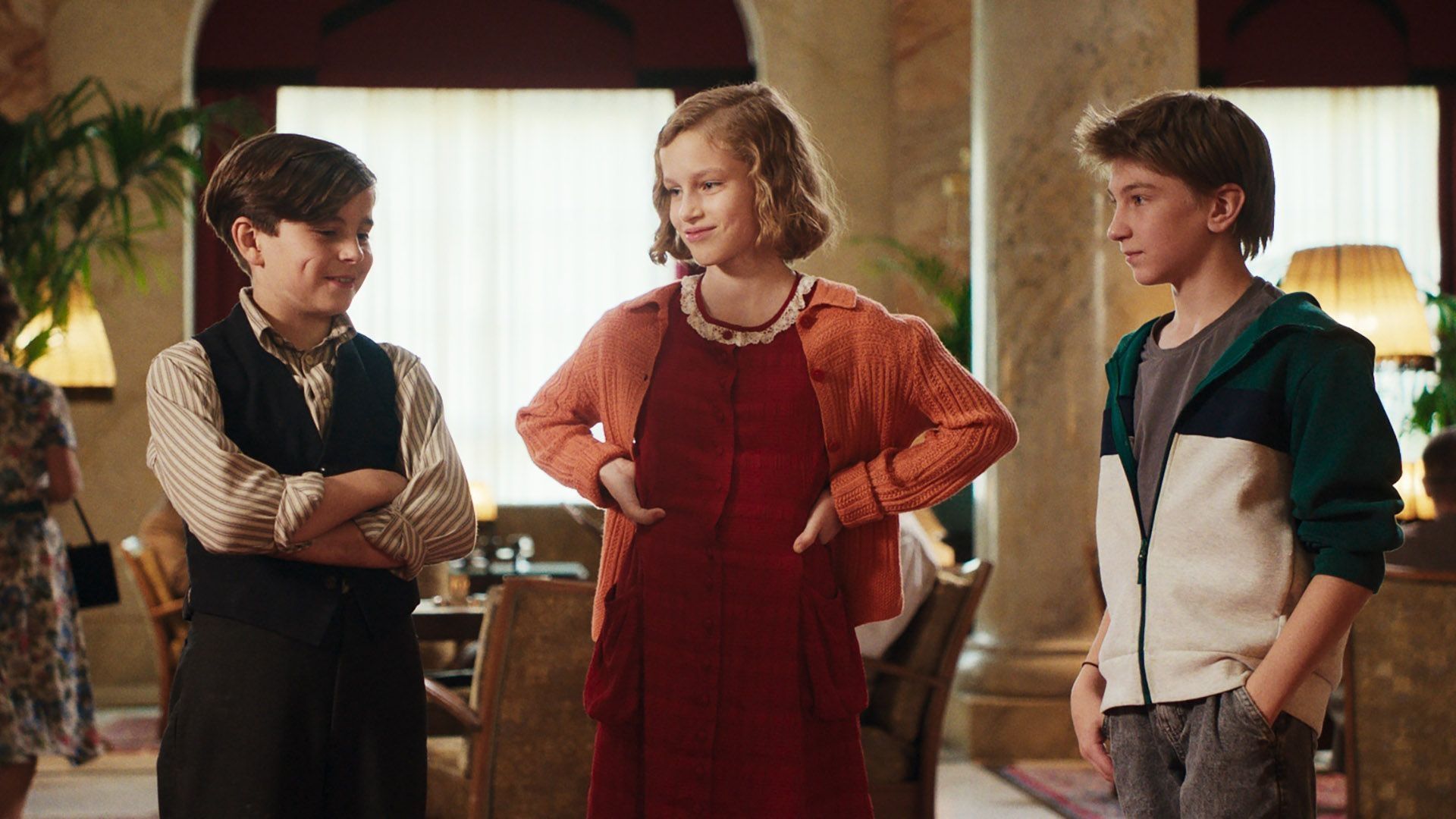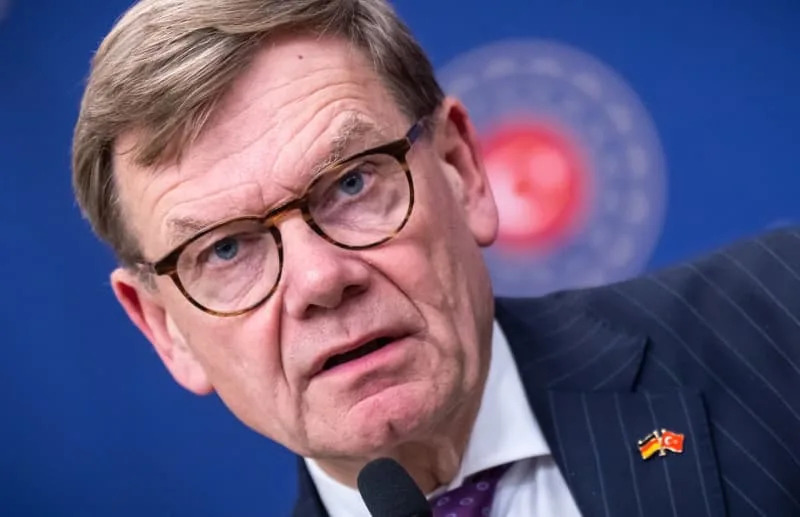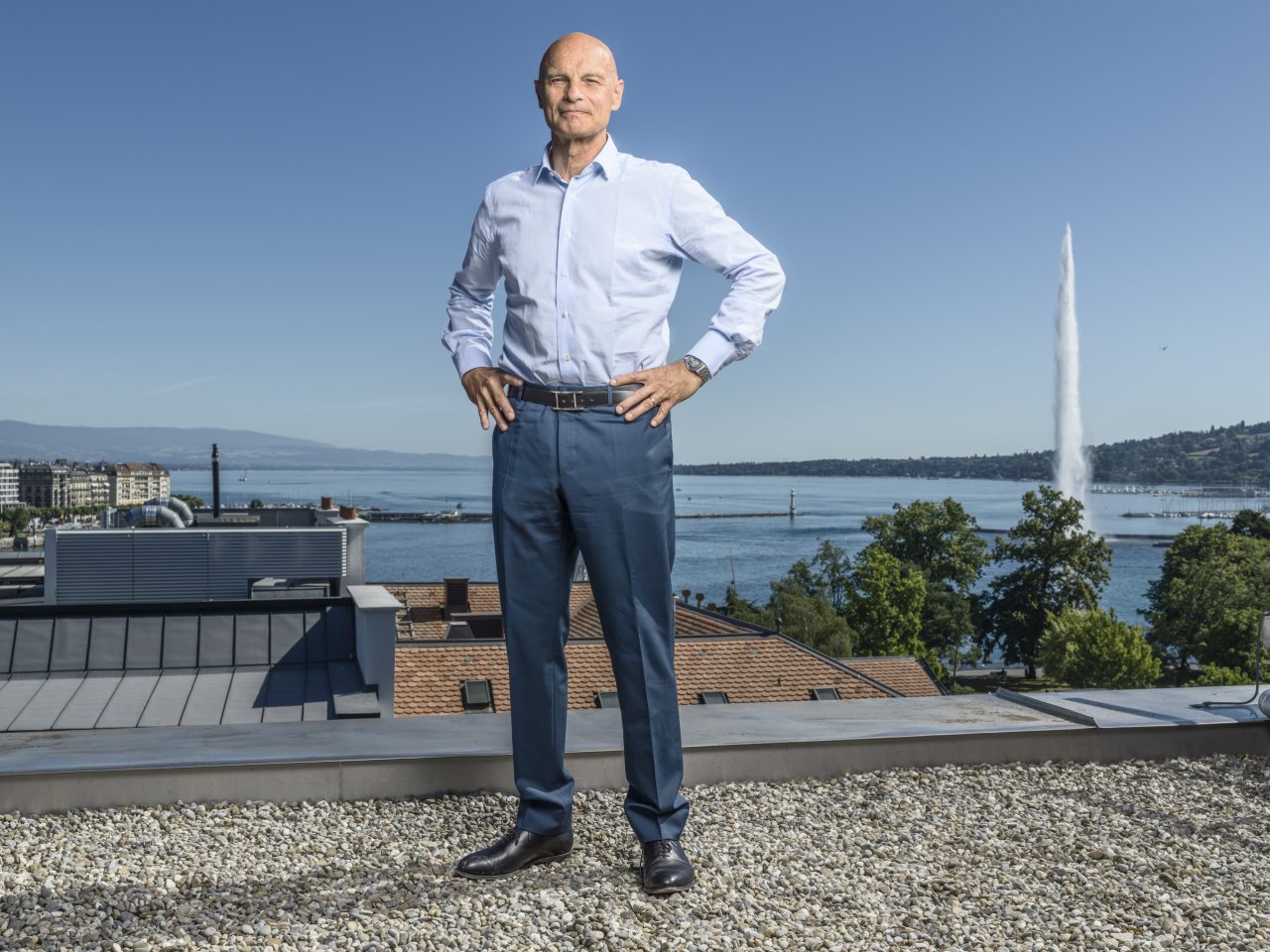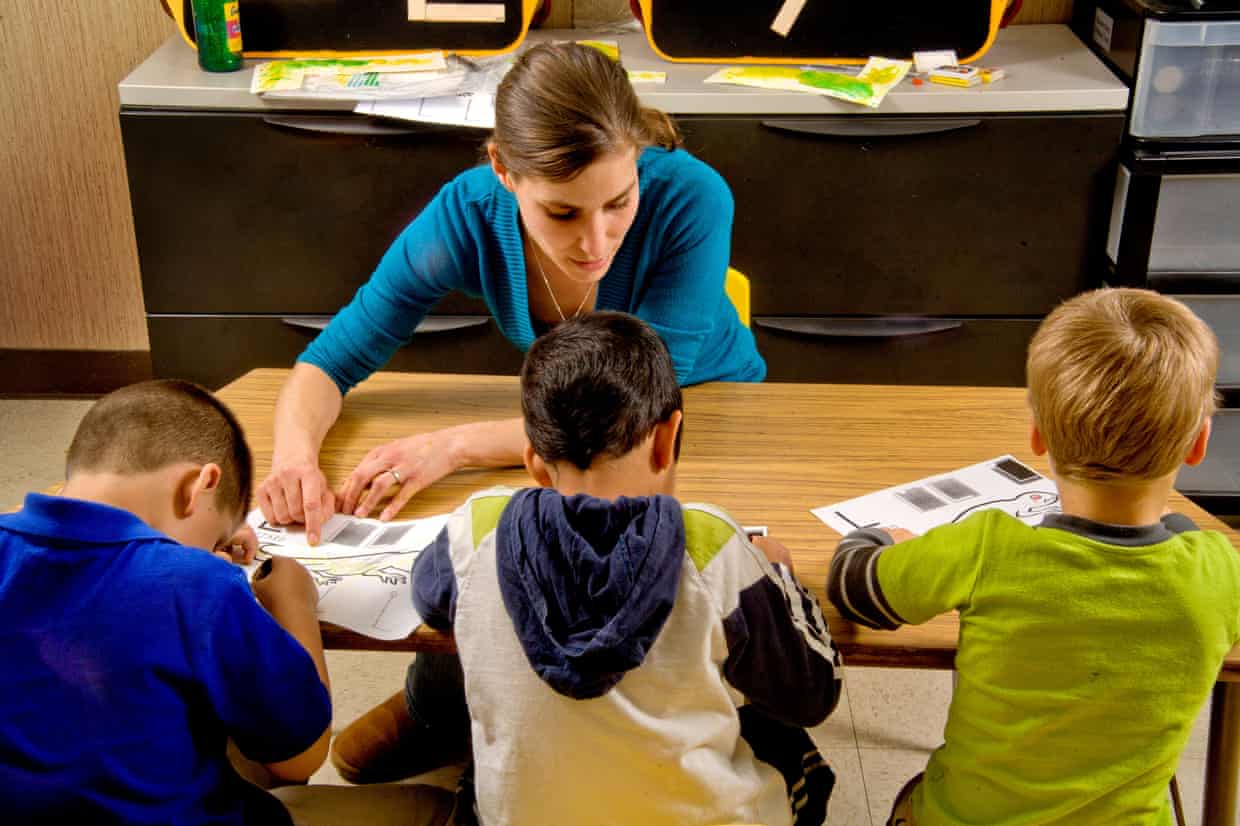A new family film titled The Secret Floor aims to educate children about the grim realities of Nazi Germany through a unique time-travel narrative. Directed by Norbert Lechner and produced as a German-Austrian-Luxembourgish co-production, the film features a cast that includes Silas John, Annika Benzin, and Maximilian Reinwald. The movie is set to screen at the Tallinn Black Nights Film Festival on November 9, 2023.
The story revolves around a 12-year-old boy named Karli, who discovers a hidden elevator in an old hotel in the Alps. This elevator serves as a magical time portal, transporting him back to 1938. There, he meets a Jewish girl named Hannah and a shoeshine boy named Georg. As they navigate the challenges of that time, the children face a critical situation when Georg is falsely accused of theft. They must uncover a mystery concealed within the hotel while the looming presence of Nazi Germany becomes increasingly evident.
Lechner shared insights about the film’s conception, noting that co-writer Antonia Rothe-Liermann was profoundly affected by a film about Auschwitz shown to her at a young age. “She was really shocked and couldn’t sleep for months,” he said. This childhood experience inspired her to explore how to convey the historical complexities of this era to young audiences without causing trauma.
To ensure authenticity, Lechner and his team conducted extensive research, analyzing time-travel films like Back to the Future and consulting with historians and scientists. The result is a blend of historical narrative and adventurous mystery that invites young viewers to engage with the past in a meaningful way.
The film has already garnered accolades at various film festivals, including the Goldener Spatz, where it won awards for Best Feature Film and Best Actor, as well as recognition at the Giffoni Film Festival with the Tommy Hilfiger Special Award.
Lechner emphasized the film’s dual narrative structure, which intertwines the past and present. He explained that this approach prevents audiences from distancing themselves from the historical events depicted. “If you had it playing just in the Nazi time, you could create that distance for yourself,” he noted. By traveling back in time with Karli, viewers are confronted with the immediate realities faced by Jewish individuals during this dark period.
Moments of humor are woven throughout the film, allowing for a cultural clash between modern and historical contexts. For example, Karli’s interactions with children from 1938 regarding their unfamiliarity with contemporary technology, such as mobile phones, add a light-hearted touch to the serious themes.
The casting process involved extensive preparation with child actors, many of whom were making their film debuts. Lechner mentioned that rehearsals began a year prior to shooting, focusing on improvisation to help the young actors understand the historical differences in childhood experiences. The director recalled specific examples, such as one actress learning to curtsy and other children adapting to the physicality of their roles as young boys in a militaristic society.
The film’s premiere at the Goldener Spatz was marked by an unsettling event, as a demonstration by neo-Nazis occurred the day after the screening. Lechner described the experience as intense, noting that the demonstrators were aware of the film’s significance. “They had signs and were looking at us very threateningly through the window,” he recalled, highlighting the ongoing relevance of the film’s themes.
Looking ahead, Lechner expressed hope that The Secret Floor would spark discussions among families and educators about the history of the Holocaust. “This is really important,” he stated, urging parents to view the film with their children. He noted that in Germany, discussions about the Third Reich typically begin in schools at ages 14 or 15, suggesting that early exposure to these topics is crucial.
Lechner concluded with aspirations for the film’s impact on young audiences, encouraging them to ask questions about the past. He believes the film provides a platform for meaningful conversations, stating, “We decided not to tell everything historical, to open things up for more questions and discussion.”
In addition to upcoming screenings at the AFM on November 12 and the Philadelphia Jewish Film + Media Festival on November 14, Lechner is developing new projects, including another film set in 1938, focusing on an international conference addressing the plight of Jewish refugees. This film will be based on a book by Hans Habe titled The Mission, reflecting Lechner’s commitment to exploring impactful historical narratives.







